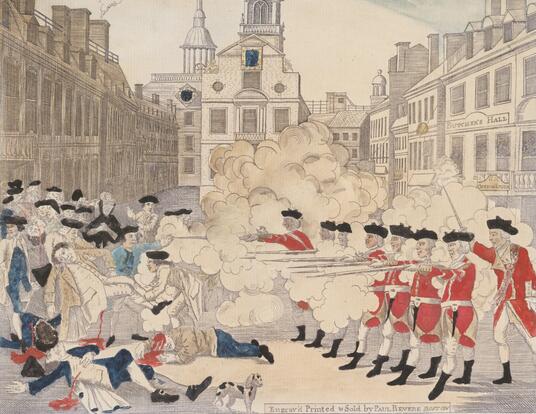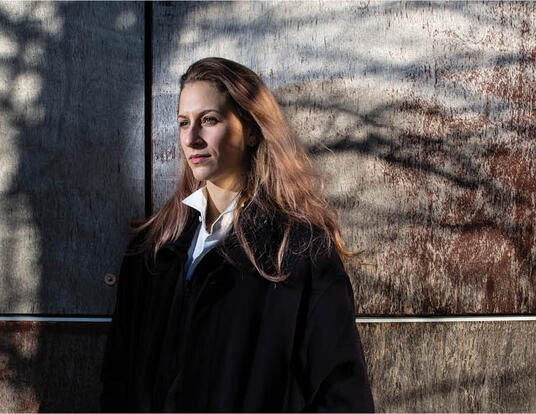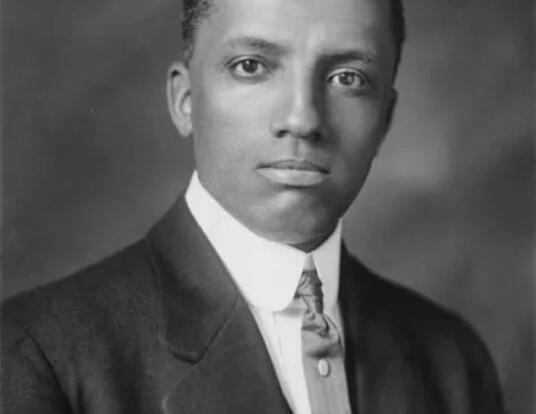The 2025 Centennial Medalists
Harvard Griffin GSAS presents highest honor to four alumni
Research at Risk: Since World War II, universities have worked with the federal government to create an innovation ecosystem that has yielded life-changing progress. Now much of that work may be halted as funding is withdrawn. Find out more about the threats to medical, engineering, and scientific research, as well as how Harvard is fighting to preserve this work—and the University's core values.
On May 28, 2025, the Harvard Kenneth C. Griffin Graduate School of Arts and Sciences (Harvard Griffin GSAS) presented the Centennial Medal to four distinguished alumni. The Centennial Medal, which recognizes those who have made fundamental and lasting contributions to knowledge, their disciplines, their colleagues, and society, is the highest honor that the Harvard Griffin GSAS bestows.
The 2025 Centennial Medal recipients are:
Lorraine Daston, PhD ’79, History of Science
Among historians of science, Lorraine Daston is a paragon of excellence in leadership, scholarship, and collaboration. As a longstanding director of the Max Planck Institute for the History of Science in Berlin, Daston created optimal conditions for the field to flourish on the international stage. Her influence crosses disciplinary divides—spanning philosophy, sociology, literature, art history—but what truly sets Daston apart is her intellectual generosity and her keen ability to open new areas of inquiry, expanding and fundamentally changing the questions we ask about the history and philosophy of knowledge.
Daston was born in Michigan, spent her childhood up and down the East Coast—in Massachusetts, North Carolina, and Maryland—and was a member of the Class of 1973 at Radcliffe College, where she first encountered the history of science. She continued at Harvard for graduate study, completing her PhD in 1979 with a dissertation on the history of probability during the Enlightenment. She taught at Harvard, Princeton, Brandeis, the University of Göttingen, and the University of Chicago—where she continues to teach part time—before becoming one of the first directors of the Max Planck Institute for the History of Science in Berlin. There, for more than 25 years, Daston was a leader in setting the agenda for the field while experimenting with collective modes of scholarship and mentoring hundreds of students, visiting academics, and colleagues.
Jim Yong Kim, MD ’91, PhD ’93, Social and Cultural Anthropology
Jim Yong Kim moves mountains. As a graduate student at Harvard, he co-founded Partners In Health with the late Paul Farmer, MD ’88, PhD ’90, fundamentally and forever changing our sense of what is possible in global health. Through decades of skillful leadership at the highest levels across remarkably varied institutions—including the World Bank, the World Health Organization, Dartmouth College, and the University of Global Health Equity in Rwanda—Kim has driven urgent change in global health and international development, always bending the arc toward greater access and better outcomes for the world’s most vulnerable populations.
Born in Korea, Kim immigrated to the United States as a child—he celebrated his fifth birthday on the plane—and grew up in Dallas, Texas, and Muscatine, Iowa, where he was class president, valedictorian, and quarterback on the football team. He graduated from Brown University in 1982 and was the first student selected for Harvard’s prestigious MD-PhD program in the social sciences, earning his MD in 1991 and his PhD in anthropology in 1993.
Russell Lande, PhD ’76, Organismic and Evolutionary Biology
Russell Lande brings into focus the impossibly complex forces of life on Earth. One of the most influential conservation and population biologists of his time, Lande has created finely tuned theoretical models and rigorous analytical frameworks that help us understand the genetic mechanisms by which species arise and evolve and either overcome or succumb to threats of extinction. He specializes in population biology and quantitative genetics, fields that combine math and biology to shed light on relationships between species, the dynamics of ecosystems, and how demographic trends of birth and death play out on the grandest scales. Through a lifetime of cutting-edge work, Lande has revealed the path of evolution in the past and prospects for life in the future.
Born in Mississippi, Lande spent formative years in Southern California, where he earned a bachelor’s degree in biology in 1972 at the University of California, Irvine, and cultivated a lifelong interest in ecology. He completed his first year of graduate study at the University of Chicago before transferring to Harvard with his advisor Richard Lewontin, earning his PhD in organismic and evolutionary biology in 1976. After postdoctoral work with James F. Crow at the University of Wisconsin, Lande went on to hold professorships at the University of Chicago, the University of Oregon, the University of California, San Diego, Imperial College London, and the Norwegian University of Science and Technology. He is a member of the National Academy of Sciences, a Fellow of the Royal Society of London, and the recipient of the international Balzan Prize, the University of Oxford’s Weldon Prize for mathematical contributions to biology, and a MacArthur “Genius” grant.
Mary Beth Norton, PhD ’69, History
Mary Beth Norton revolutionized the study of the American Revolution—and the centuries that preceded and followed it—by establishing the field of colonial women’s history, vastly enriching our knowledge of the early years of our nation. At the same time, Norton revolutionized the academic world around her, as the first woman on the history faculty at Cornell University, where she taught for 47 years, and as a leader of some of the field’s most prominent and far-reaching organizations and endeavors.
During her time as an undergraduate at the University of Michigan, Norton was captivated by 19th-century American history, but she changed her focus in her first year of graduate study at Harvard, when she encountered Massachusetts reactions to the Stamp Act of 1765. The rest, as they say, is history: under the guidance of the legendary Bernard Bailyn, PhD ’53, a two-time Pulitzer Prize winner and a recipient himself of the Centennial Medal, Norton completed her dissertation in 1969 on Loyalists who opposed the American Revolution—and won the Society of American Historians prize for that year’s best dissertation in American history.
Photos by Tony Rinaldo
Get the Latest Updates
Join Our Newsletter
Subscribe to Colloquy Podcast
Simplecast





